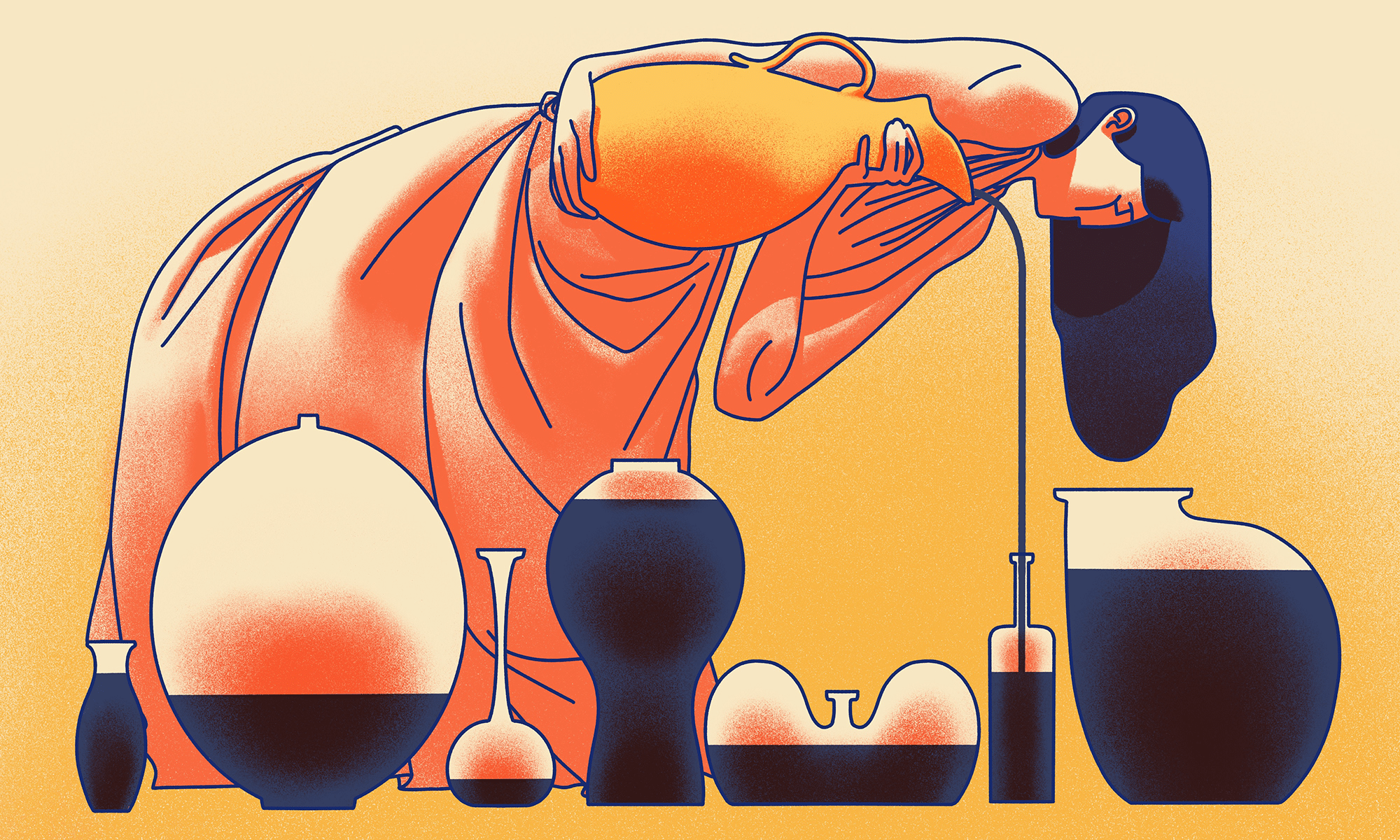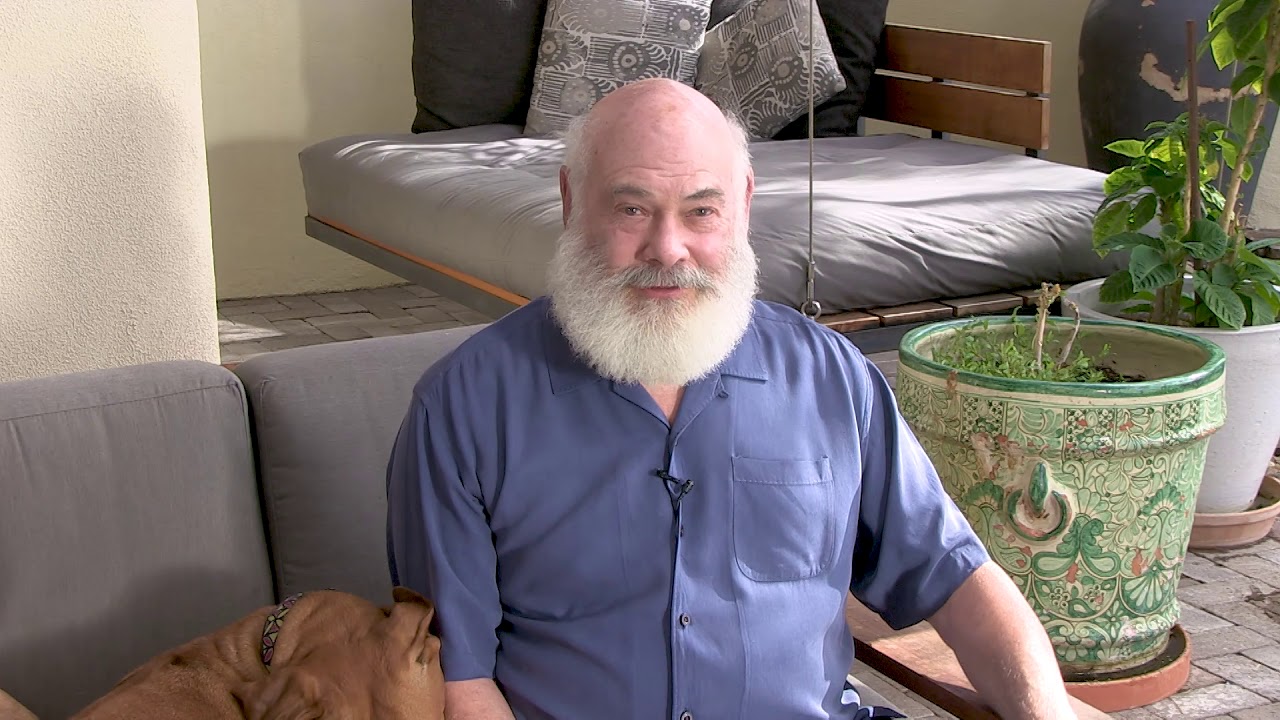Rest is kind of like breathing: It’s automatic.
It’s something we automatically do every day, sometimes several times a day.
But for many of us, rest isn’t part of our lives, at least not regularly, or at least not genuine rest.
Many of us are too focused on striving and never stopping. Because, we think, to stop is to quit. Because, we think, to stop is to be lazy.
So, we wait to rest until we’re so exhausted we have no other choice.
You might even be confused about what rest really is.
Here is a TEDtalk by Dr. Saundra Dalton-Smith that explores the 7 types of rest that every person needs:
How do I actually Rest?
Now here are eight practical strategies to try out on your own.
These are just suggestions as you might already have some great rest techniques. If so, keep them up and try out some of these new ones too!
1. Cave Proactively
Step away from the screens, silence your phone and take some time to be a human being!
2. Do a Quick Meditation – Literally 2 minutes
Mediation rebuilds the thickness of your brain’s cortex, and improves memory and emotional regulation.
Here is the 4-7-8 breathing technique (Dr. Weil) we use in session, it really is as simple as this.
3. Movement
Regular physical movement of pretty much any kind, in moderation, improves your health and relaxes your mind.
4. Bath before Bed
Fill your tub with water as warm as you can tolerate, add one cup of Epsom salts and seven drops of lavender (or other relaxing) essential oil, and enjoy.
5. Practice a Daily Ritual
A daily ritual can be as simple as a cup of tea or coffee, sipped in peace and quiet for 15 minutes, a regular 30-minute walk alone or with a friend, a five-minute meditation, or a hot bath. The simple practice creates a sense of safety within your body and the expectation that you are going to take good care of your vessel.
6. Journaling
Grab a pen and a notebook and write what comes to you — journaling doesn’t require great writing skills. We have already explored the importance of a Gratitude Practice in previous connects but there is also some documented benefit to a Worry Journal.
This entails 30 minutes before bed, write out your fears, worries, and troublesome experiences. This has been demonstrated to reduce cortisol, alleviate anxiety, and help to overcome PTSD. It has also been shown to reduce the frequency of visits to the doctor and reduce chronic illness and inflammation.
7. Play
As many of you know, our parts really just want to play and not be bogged down with the roles they have played in your system for many years. Play is as necessary for health and happiness as exercise, and laughter puts you straight into the relaxation response.
8. Intimacy
Good relationships with intimacy can offset daily tensions, improve your immunity, and increase your longevity. This includes a good relationship with yourself. It’s a stress buster and oxytocin releaser.
Exciting Practice News
April 29 – May 9 2022 I will be away from the practice. I am on retreat and will be training on the use of Ketamine in psychotherapy.
I am super excited to bring some of the learning from Boston, MA and create some opportunities for others to experience back in Toronto.
In the meantime, here is some information from Sapience about Ketamine assisted therapy if you are interested.
Now take care and get some rest!


